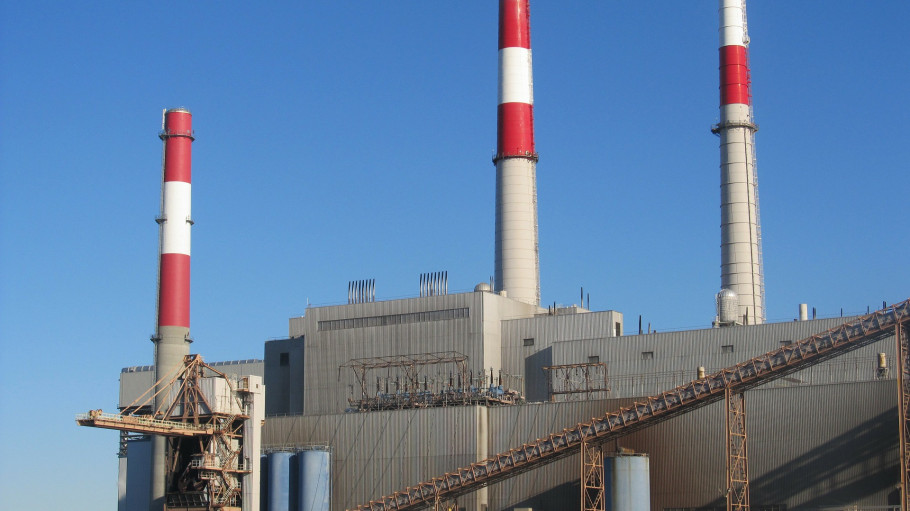
Issues » Environment » Industrial emissions
Industrial emissions
Downloads and links
Recent content

The European steel industry is the cleanest of its kind in the world, with a long and successful record of environmental innovation to ensure that its operations affect the environment as minimally as possible. This is an ongoing effort, one that the whole sector works to constantly improve on.
In EU usage, the term 'Industrial emissions' is not a reference to greenhouse gases like CO2. Rather, it describes other key pollutants - such as nitrogen and sulphur oxides, carbon monoxide and particulates.
The size and share of industrial emissions from industrial installations has been a long term concern, and there is a long history of legislation controlling it, all with the objective of reducing pollution. The European Union has had environmental pollutant legislation on the statute since at least the late 1970s.
This legislation is constantly updated in line with the evolving need to protect the environment. This is especially the case at EU level, with the following main pieces of legislation of essence for the European steel industry:
Brussels, 19 March 2025 – The Steel and Metals Action Plan, unveiled today by the European Commission, provides the right diagnosis to the existential challenges facing the European steel industry. Concrete measures need to follow swiftly to reverse the decline of the sector, re-establish a level playing field with global competitors, and incentivise investment and uptake of green steel in the market.
New global reality requires disruptive thinking and innovative measures
Brussels, 16 March 2023 – A successful EU industrial policy requires a value chain-based approach, with steel as an integral part of the Net-Zero Industry Act. To ensure that the EU remains competitive in the greatest transformation of the industry towards climate-neutrality, it is essential to adopt disruptive thinking and innovative measures to create a more attractive green investment environment whilst securing the EU’s strategic autonomy. The European Steel Association (EUROFER) details its comprehensive vision in a new policy paper covering all industrial policy fields relevant for a green, decarbonised and prospering European manufacturing industry, including energy and climate, environment and circularity, investment, trade, internal market and skills.